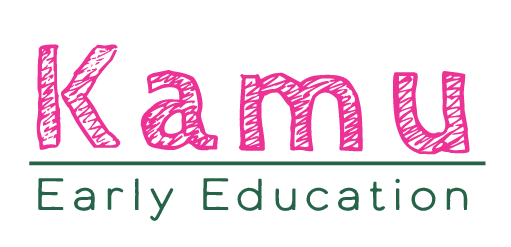The Power of Outdoor Play : How Nature Transforms Kindergarten Mornings
Mornings in kindergarten can set the tone for the entire day. We explore the many benefits of outdoor play and how it enriches children´s daily experiences, both in our playground and on our weekly forest trips.
Mornings have become easier. The first activity that we do with the group of the eldest children is, after breakfast, dressing up and going for a good one hour of outdoor play in our inner yard. It could sound not like a big issue, but for some kids, especially for those that stress out from separation with their parents, coming first thing in the morning for an outdoor play is not anymore an uncomfortable experience.
Coming outside, instead of beginning the morning in the classrooms, has shifted the regular tantrums to an excited smile at the sight of the playground full of friends. Research proves that outdoor learning and time spent outside improve children’s overall health and psychological well-being, connecting them to nature and boosting their immune systems.
On Tuesdays, when it is time to go for a trip, nearby forests are our go to. As long as they’re properly dressed—in rubber gear, winter overalls, warm inner clothes, and proper shoes—children don’t mind the weather.
Exploring the forest offers endless opportunities for learning and discovery. The children climb over fallen logs, balance on rocks, and navigate uneven terrain, all of which strengthen their coordination and gross motor skills. They observe the changing seasons first hand watching how the leaves change color, spotting animal tracks in the snow, or listening to the sounds of birds and rustling branches. These experiences nurture their curiosity and deepen their understanding of the natural world in a way that no classroom lesson can replicate.
Beyond physical and cognitive benefits, outdoor play fosters social skills and teamwork. In the forest, children naturally engage in cooperative play, building imaginary forts together, collecting sticks to create campfires, or working as a team to carry a heavy branch. They learn patience, turn-taking, and problem-solving as they negotiate roles in their games or decide which path to explore next. The freedom to move and play in an open environment also allows them to release pent-up energy, making it easier for them to focus and engage when we return to the classroom later in the day.


